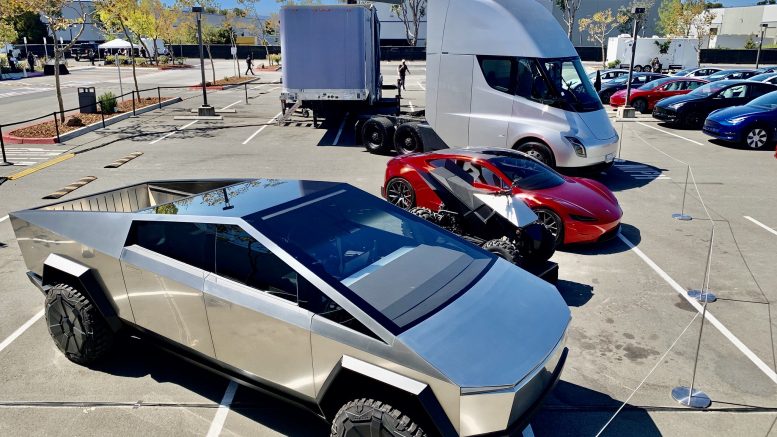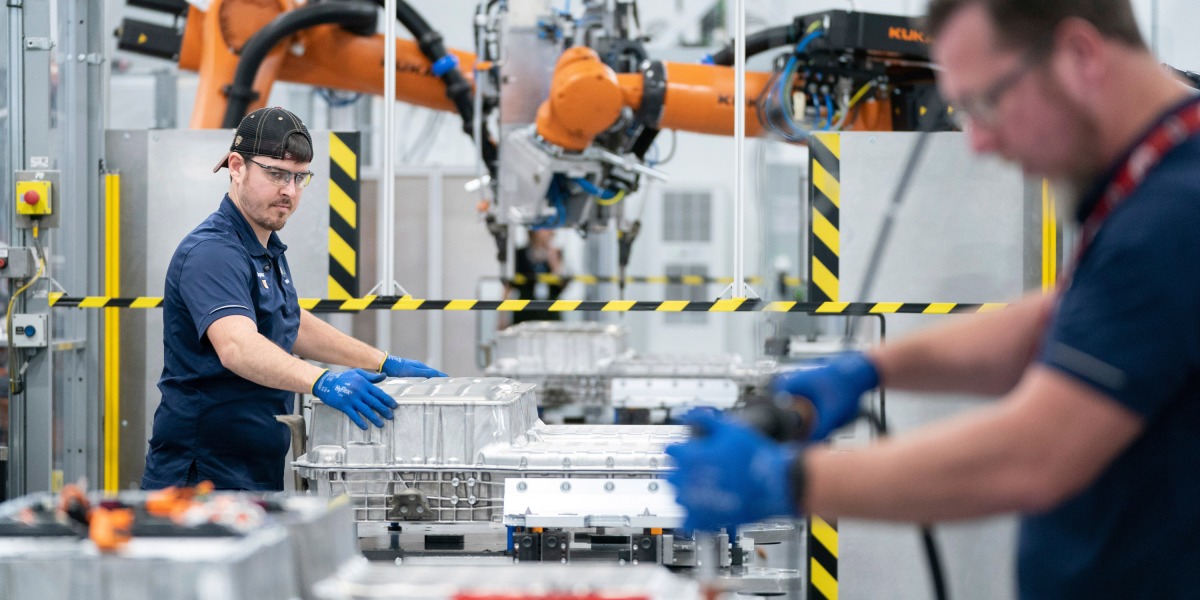Dear all
On the final panel of the Ecology and Buddhism summit, one of the panellists admitted that she had reservations about being the only person of colour in spaces talking about environmental issues, in which differences between the realities of ethnic groups tend to be minimised. This received a mixed reception in the chat, with some people welcoming this observation, and others not so much, calling it an 'agenda'.
A recent UN meeting of Indigenous world leaders expressed similar concerns, that their lands have often been given far less protection when it comes to the exploitation of resources during the era of fossil fuels, and that major economies are looking towards them again to provide the metals that are required for batteries to store renewable energy, and for placement of renewable power sources themselves.
The Great Turning needs to listen to indigenous voices, and the voices of marginalised communities, to avoid the mistakes of the past, and bring everyone into a more sustainable future.
Gassho
Kokuu
-sattoday-
On the final panel of the Ecology and Buddhism summit, one of the panellists admitted that she had reservations about being the only person of colour in spaces talking about environmental issues, in which differences between the realities of ethnic groups tend to be minimised. This received a mixed reception in the chat, with some people welcoming this observation, and others not so much, calling it an 'agenda'.
A recent UN meeting of Indigenous world leaders expressed similar concerns, that their lands have often been given far less protection when it comes to the exploitation of resources during the era of fossil fuels, and that major economies are looking towards them again to provide the metals that are required for batteries to store renewable energy, and for placement of renewable power sources themselves.
The Great Turning needs to listen to indigenous voices, and the voices of marginalised communities, to avoid the mistakes of the past, and bring everyone into a more sustainable future.
Gassho
Kokuu
-sattoday-




Comment